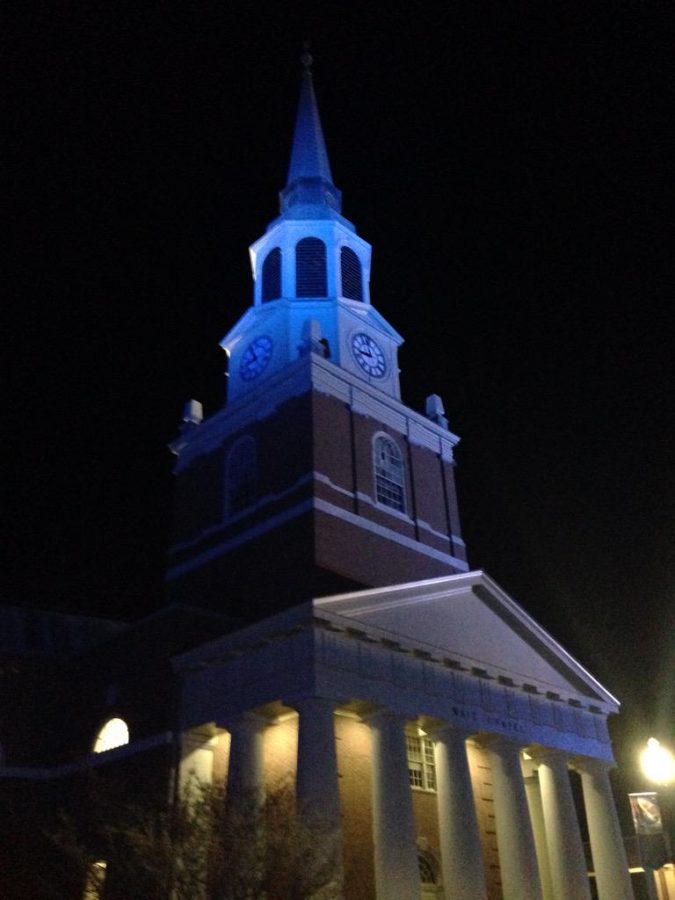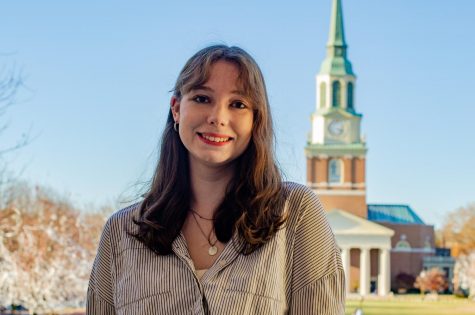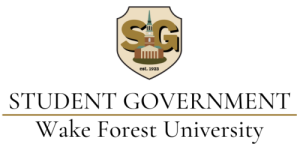Autism Speaks WFU plans disaffiliation
After learning about Autism Speaks’s controversial history, the chapter decided to rebrand
April 8, 2021
Wake Forest’s chapter of Autism Speaks U will discontinue its affiliation with Autism Speaks, per the chapter’s founder, junior Haley Porter.
Porter founded the chapter last fall with two aims: bringing awareness to mental health issues and autism in the Wake Forest community and showing support for autistic individuals. She was unaware of the organization’s controversial status at the time, though.
Autism Speaks was founded in 2005 and remains the largest autism research organization in the country. Many in the autism community, however, believe the organization has failed to provide a safe and accepting space for autistic individuals.
The organization has generated controversy due to their positions on autism as a disease, vaccines and their search for a “cure” to autism. This viewpoint, advocates say, excludes the autism rights and neurodiversity movement prevalent among autistic individuals, which views autism in a different light than a disease or disorder that must be “cured” or eradicated.
Autism Speaks also aligned itself for many years with the view that vaccinations cause an increased risk of autism, despite this claim lacking the weight of scientific evidence and being fully disproven in 2010. Only in 2017 did the organization take a step back from this position. Even so, it still maintained that “for some [parents], [an autism diagnosis] corresponds with the timing of their child’s vaccinations.” Autism Speaks has yet to acknowledge the autism rights movement in a meaningful or supportive way, advocates say.
Now that these issues have been brought to Porter’s attention, she plans to reaffiliate during this upcoming academic year. Chapter Vice President Merideth Resplicka, a senior, explained the chapter’s planned new name.
“We are renaming our club Deacons for Neurodiversity in order to be more inclusive of all students [who struggle with their mental health] as opposed to just [those with] autism,” Rasplika said. “We want to make sure every Wake Forest student has a safe place to come, whether they have autism, bipolar disorder, anxiety, depression, eating disorders [or any other mental health issues].”
Despite its disaffiliation with Autism Speaks, the chapter will still collaborate with the organization, per Rasplika.
“We still will partner with Autism Speaks for some events,” Rasplika said, “but we hope our rebranding allows us to be more inclusive of the neurodiversity movement.”
Rasplika also detailed the nature of the chapter’s plans for next semester.
“We are in the process of planning for next semester as we are now allowed to have in-person [events],” Rasplika said. “Unfortunately, due to COVID-19, a lot of our events had to be contactless. For example, we made Christmas cards for the kids at a local autistic school in Winston-Salem.”
Resplicka and Porter hope to continue planning events such as these that support the autistic community without directly benefiting Autism Speaks, and they are excited about what the future holds for the Deacons for Neurodiversity club.













